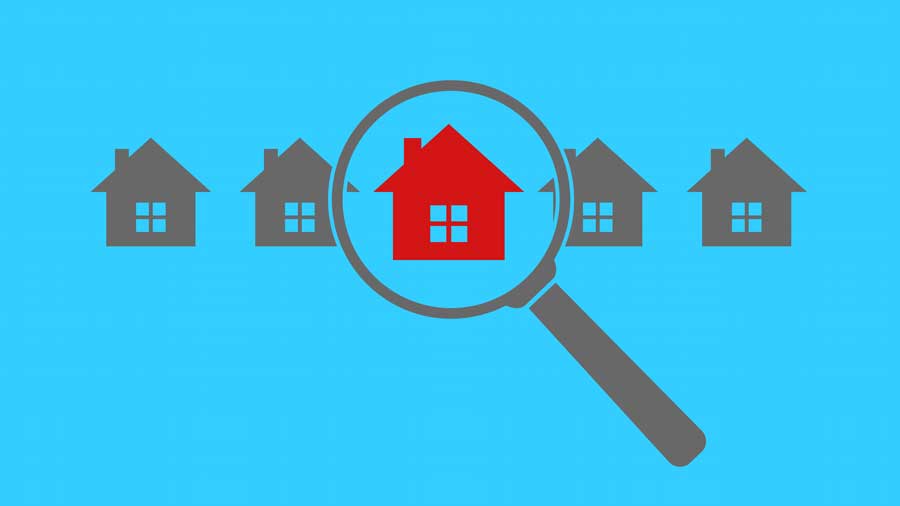Rough sleeping: a public health emergency
The pandemic’s Everyone In initiative successfully brought thousands of rough sleepers off the streets – now we must all focus on improving the services that prevent homelessness in the first place

STRATEGY
Image: Istock
Michelle Binfield
Rough sleeping programme director, London Councils


David Eastwood
Rough sleeping lead, Greater London Authority
At the start of the pandemic, rough sleeping was considered a public health emergency. In London, the government, the Mayor, local authorities, the health system and homelessness providers came together to mobilise an ‘Everyone In’ initiative, which offered emergency accommodation to thousands of homeless people and saved hundreds of lives.
Everyone In has rightly been lauded as a success – as an example of what we can achieve when we work together. We have capitalised on this by establishing a new partnership programme aimed at ending rough sleeping in London called Life Off The Streets.
Shocking statistics
But the truth is that rough sleeping has always been a public health emergency. ONS data tell us that deaths in the homeless population are increasing and the average age of death of a rough sleeper (last measured in 2018) is 45 for men and 43 for women. It’s a shocking set of statistics, but perhaps not to those who have worked with homeless people for any length of time.
There is a high incidence of substance use, mental health needs, trauma, care and physical health needs in the homeless population that is not always well met. Support services are fragmented and often over-subscribed to, and the thresholds and criteria for accessing care militates against homeless people, with their looser than average local connection and their multiplicity of overlapping needs that often don’t fit our siloed way of assessing need and delivering services.
The average age of death of a rough sleeper is:
45
for men
43
for women
Pivotal moment
This is a pivotal moment for our chances of ending rough sleeping in London. The excellent progress made in the past couple of years shows what we can do in response to a crisis – especially when funding is provided to back up the strategic ambition. But now we need to harness the same energy, commitment and sense of shared purpose to tackle the systemic issues that must be overcome if we are to make rough sleeping in London truly a rare, brief and non-recurring experience. As part of this effort, funding should be provided not just to tackle existing rough sleeping, but to support better prevention activity across a wide range of settings.
It is important that prevention isn’t just the responsibility of local authorities. Of course, councils’ performance in preventing and relieving homelessness can be improved and made more consistent. But rough sleeping statistics suggest that only a third of rough sleepers in London had contact with a housing needs service prior to sleeping rough. Many ended up on the streets as a result of leaving prison, care or hospital, or after losing their accommodation because of rent arrears, job loss, loneliness or relationship breakdown. Many abandoned their accommodation because their substance misuse or mental health needs meant they couldn’t cope.
“We need to harness the same energy, commitment and sense of shared purpose to tackle the systemic issues that must be overcome if we are to make rough sleeping in London truly a rare, brief and non-recurring experience.”
Image: Istock
Concerted effort
To better prevent rough sleeping, we need a concerted effort from all partners, across all sectors – and more funding – for prevention and tenancy sustainment services, as well as those focused on those already on the streets.
In London, despite the success of our collective efforts as part of the Everyone In initiative – and the tremendous success in finding settled accommodation for so many of those that were brought inside – we still have around 1,800 people in emergency accommodation dating back to the start of the pandemic.
Around half of these are non-UK nationals, most of whom need specialist advice to sort out their immigration status and/or are waiting for a decision from the Home Office. New arrivals from outside the UK continue to sleep rough in significant numbers and the restrictions on their ability to access health care, substance misuse treatment and housing mean that supporting them to move off the streets and into work or a planned reconnection home is challenging.
Expediting decision-making and making sure rough sleepers have access to good-quality immigration advice is important. But continuing to fund emergency accommodation for this group while their immigration status is clarified is a challenge for local authorities both financially and legally.
In London, the Life Off The Streets programme – jointly supported by the Mayor and London Councils and involving a cross-cutting partnership of housing providers, local authorities, health, DLUHC, the Ministry of Justice and London Probation – has achieved much to be proud of, but no one is underestimating the challenges to come.


